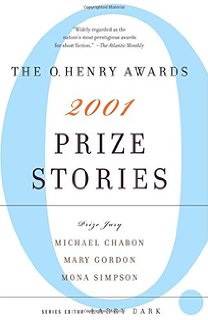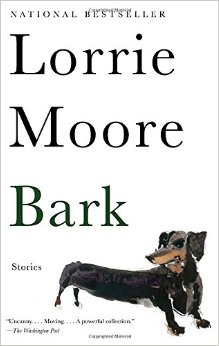“Half of a Yellow Sun” by Chimamanda Ngozi Adichie Adichie seems to get more famous by the day. First for her amazing novel “Americanah” , then because Beyonce quoted one of her speeches on feminism in her song “Flawless.” The woman is a feminist leader, an icon, but above all, she’s an incredible writer. This is one of her earlier books, set during Nigeria’s civil war in the 1960’s. Her characters are vivid and complex, and every word is strung with beauty.
“This was love: a string of coincidences that gathered significance and became miracles.”
“Slouching Towards Bethlehem” by Joan Didion Another book about the 1960’s. This is a collection of Joan Didion’s essays from that time. Didion spent the 60’s living in California and writing about the hippie movement in San Francisco and about the younger generation. It’s interesting to think that these are the people that are now the older generation and to read a lot of the criticisms about them are similar criticisms about my generation. Lazy and too idealistic. Too caught up in a movement to think about the greater realities of the world. Spoiled American children. How quickly some seem to forget history and their own experiences.
“Dear Leader: Poet, Spy, Escapee-A Look Inside North Korea” by Jang Jin-sung Another memoir of a survivor from North Korea. I can’t get enough of the hermit kingdom. Jang Jin-sung was a high official in the North Korean government under Kim Jong-Il, writing propaganda poems. He was commissioned to write an epic poem and asked to return to his hometown to do some research. When he arrived, he saw how his family and neighbors were starving and suffering. Upon returning to Pyongyang, he lends a ultra-classified book to a friend. His friend loses the book on the subway, and the two decide they have to escape North Korea or else they will be sentenced to life in prison for sharing the book. This memoir differs from the other ones I’ve read in that it takes place mostly in China as Jang Jin-sung and his friend hide from the authorities and depend on other North Korean defectors to help them. Obviously, they make it out and escape to South Korea. But it seems that it was mostly luck, and it’s sad to think about how many don’t have that same luck.
“Hour of the Bees” by Lindsay Eager My librarian sister also studied Children’s Literature while earning her Master’s in Library Science. She has always been a fan of young adult and children’s literature and passes her favorites onto me. I wouldn’t say this is one of her favorites, but we were on vacation together and she lent this to me to read on the plane home. Most readers have the habit of thinking of young adult and children’s literature as dull and puerile. But there is a lot of good, introspective work being produced, and I’m glad my sister can open my eyes to that on a regular basis. This book was about a young girl in New Mexico whose family spends a summer on a ranch with her ailing grandfather. She learns about her past, about her family, and about the value of home. It was a quick read but entertaining nonetheless.
“Marie Antoinette: The Portrait of an Average Woman” by Stefan Zweig I became fascinated with Marie Antoinette a couple of years ago when I was visiting Versailles with a friend, and we both realized that we didn’t actually know the details of her life besides the sensational. “Let them eat cake.” She was beheaded. She wore huge wigs. But what else was there? This is a great biography of her, because (as it suggests in the title), she was an average person. She had nothing inherently special about her, good or bad. She was born into wealth and royalty and was married off for political reasons. She was spoiled as some wealthy people are and had no sympathy for the poor, because it was a part of society she never saw and never understood. This book paints her as a person who was caught up in history, in the changing fortunes of empires, and came to represent what was wrong in a greater political system. It was a great read that delved into the history of the French revolution which never ceases to be interesting.










